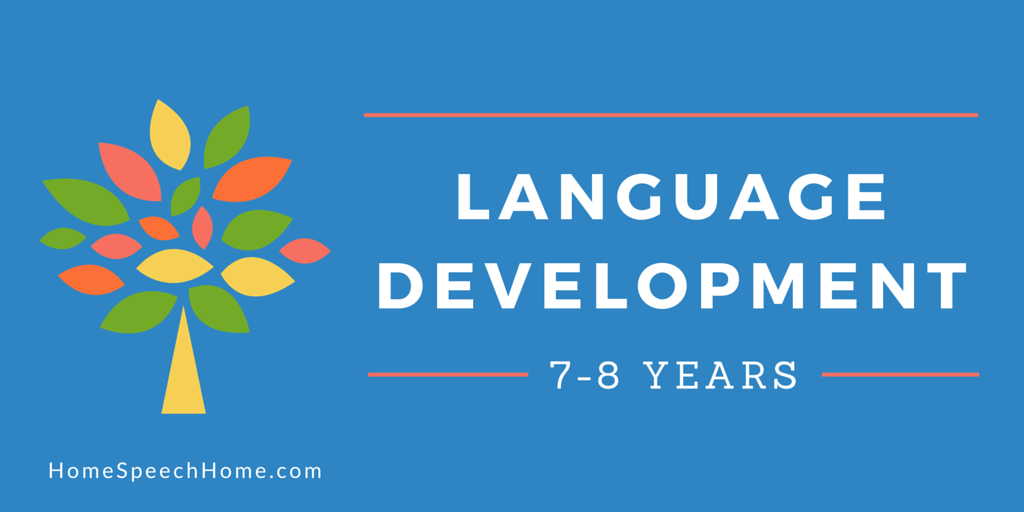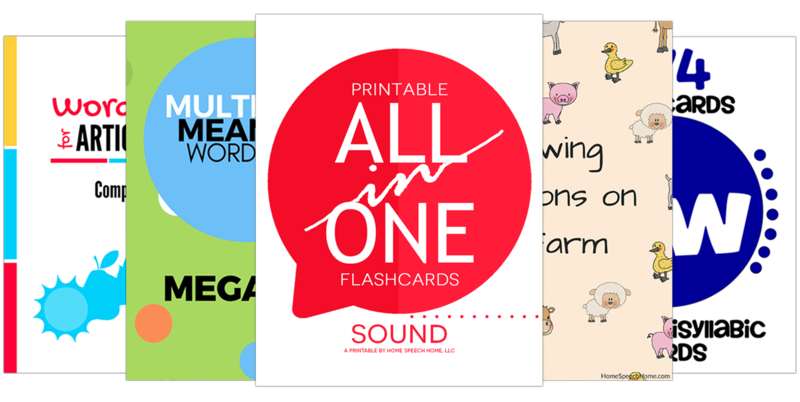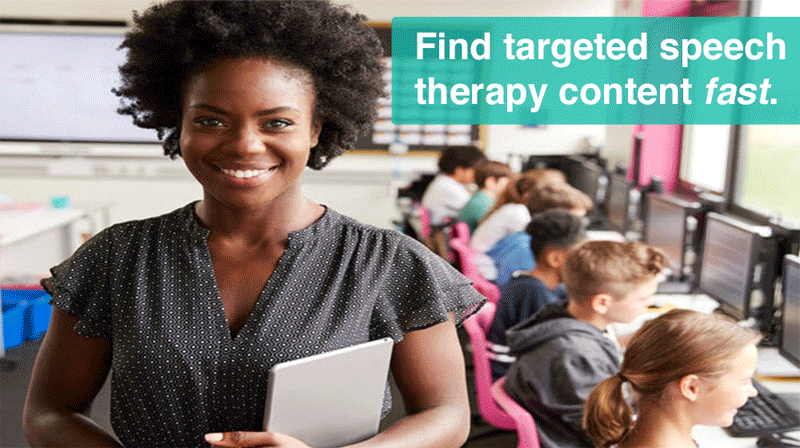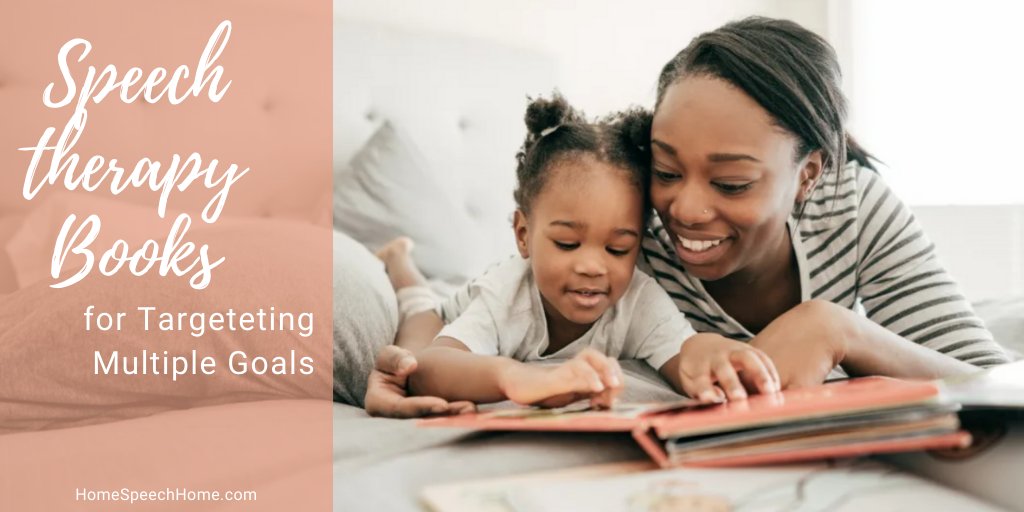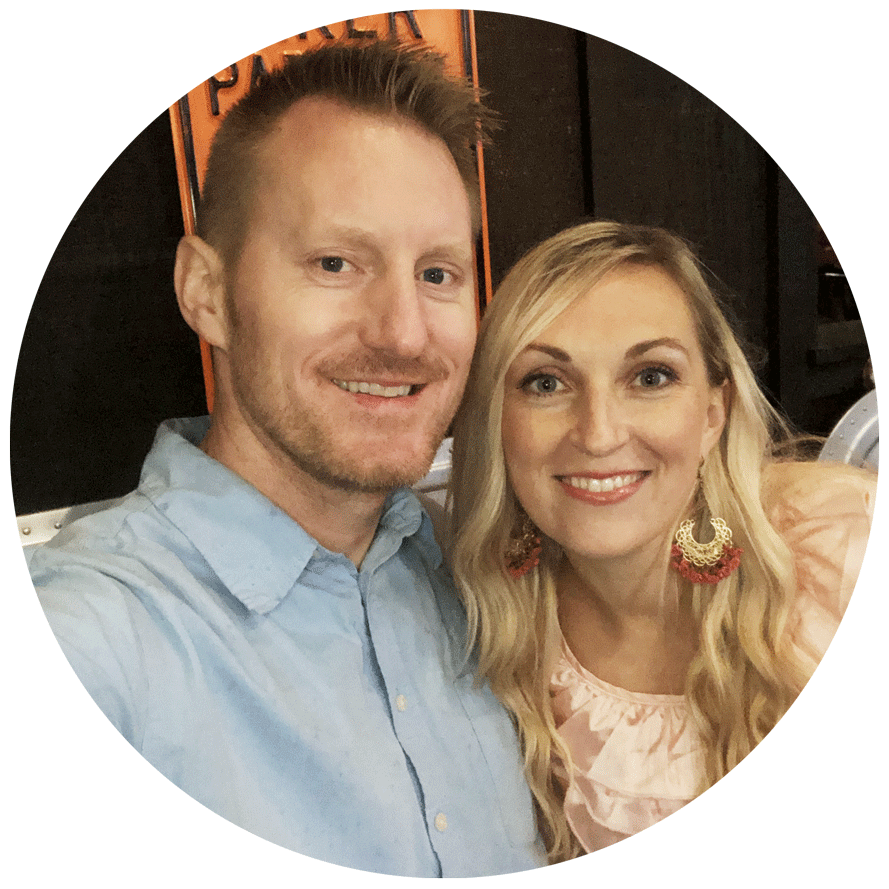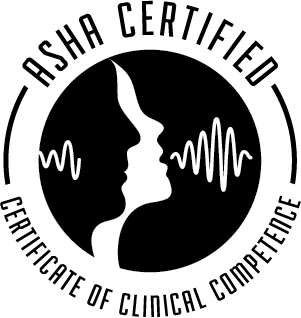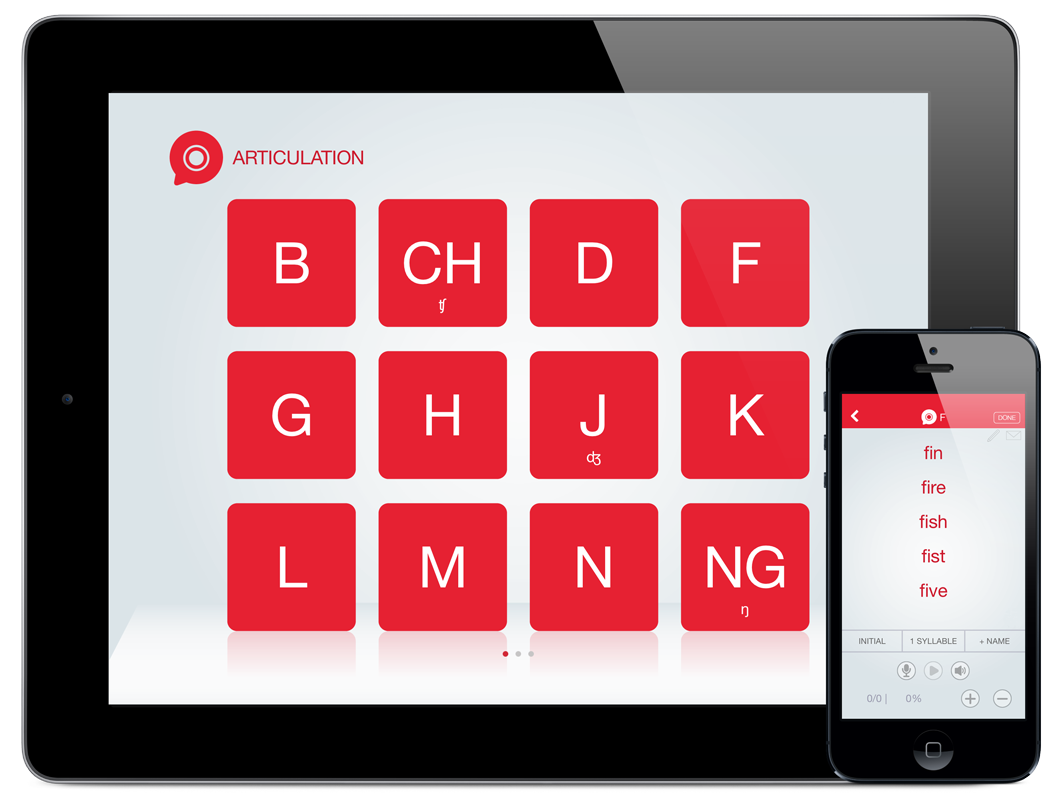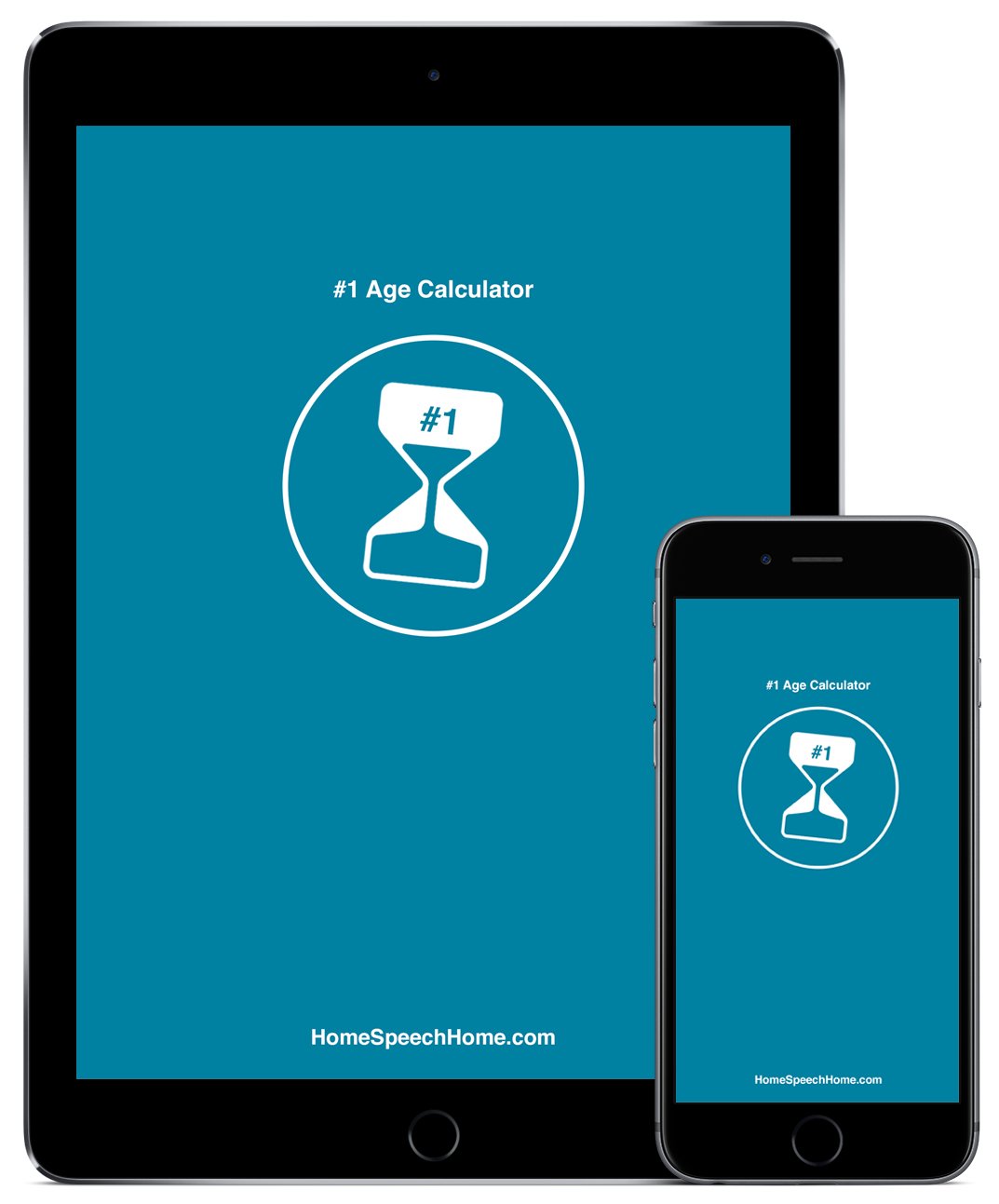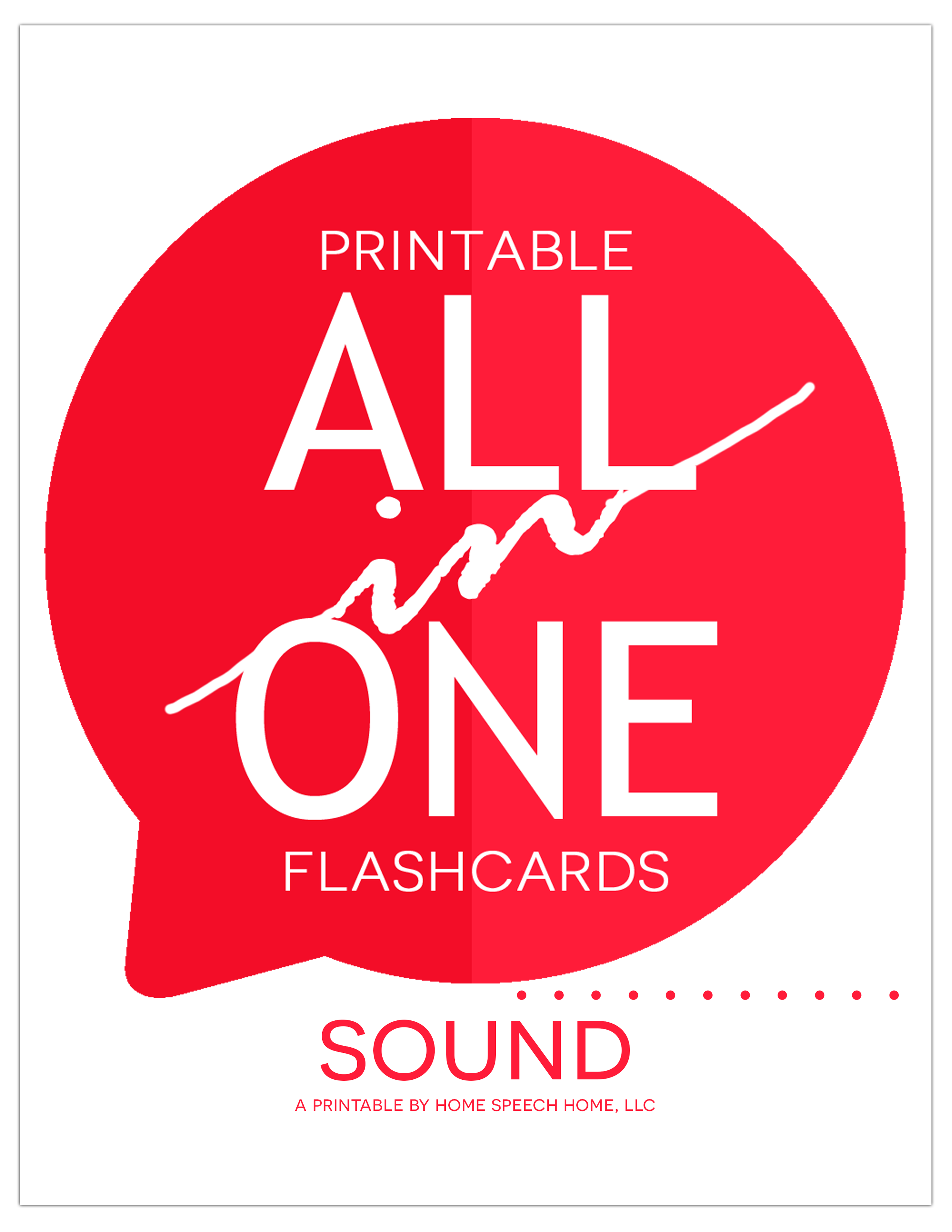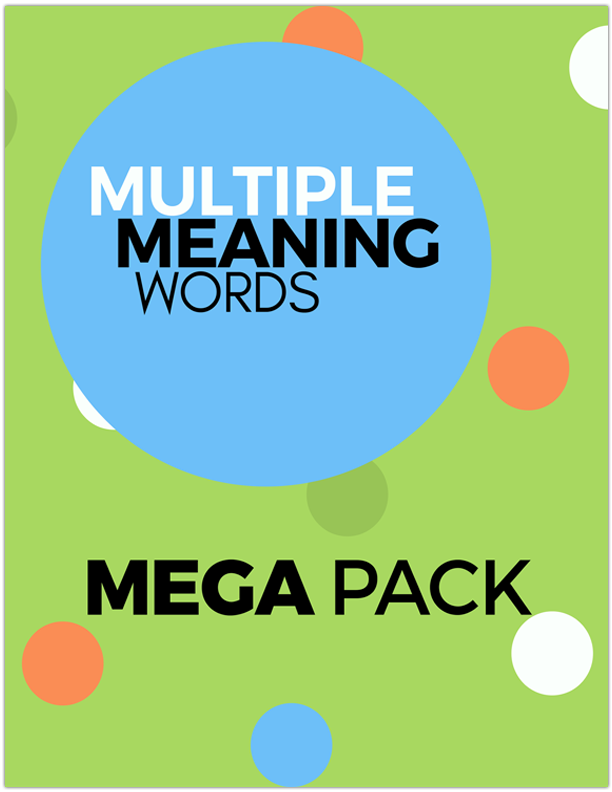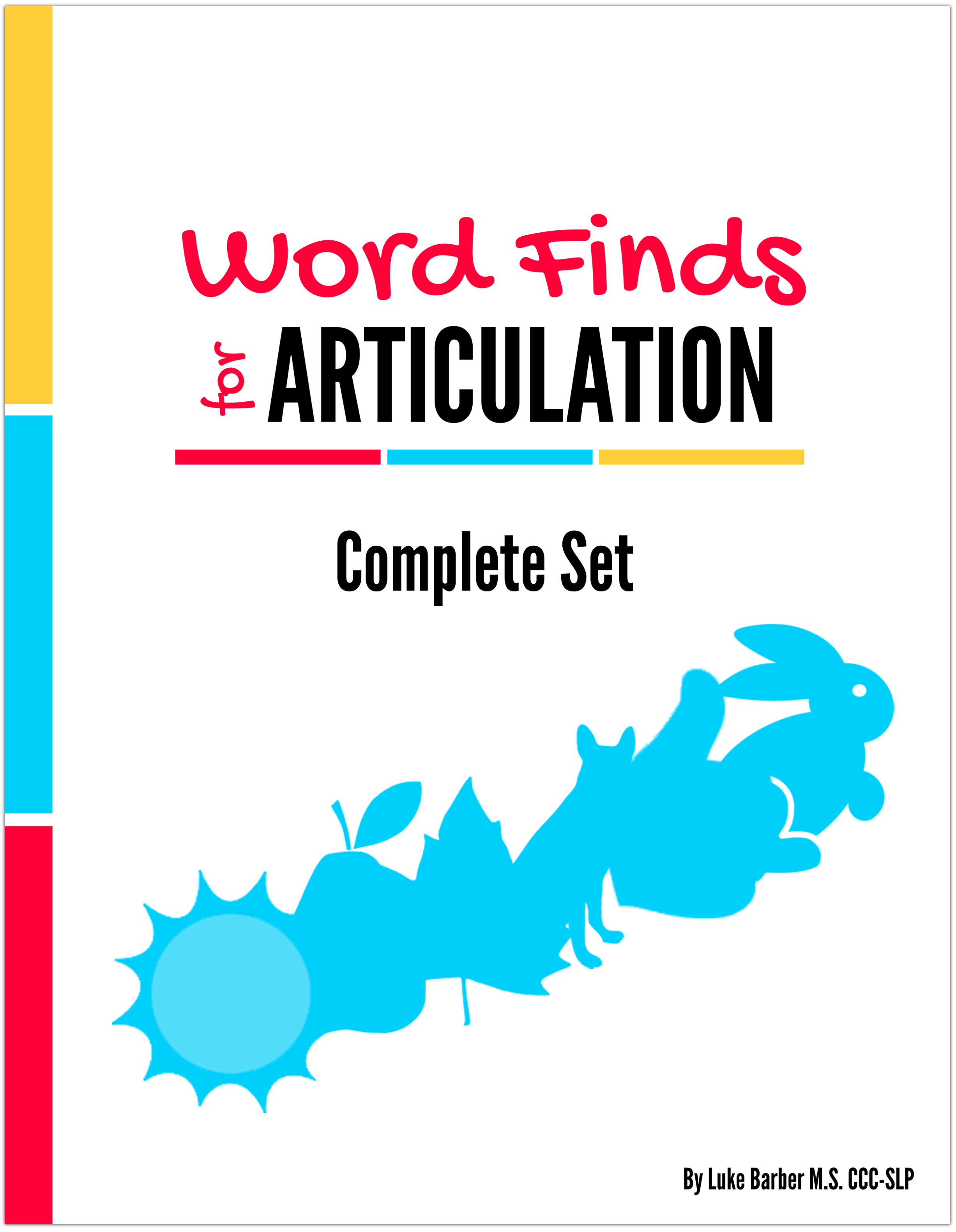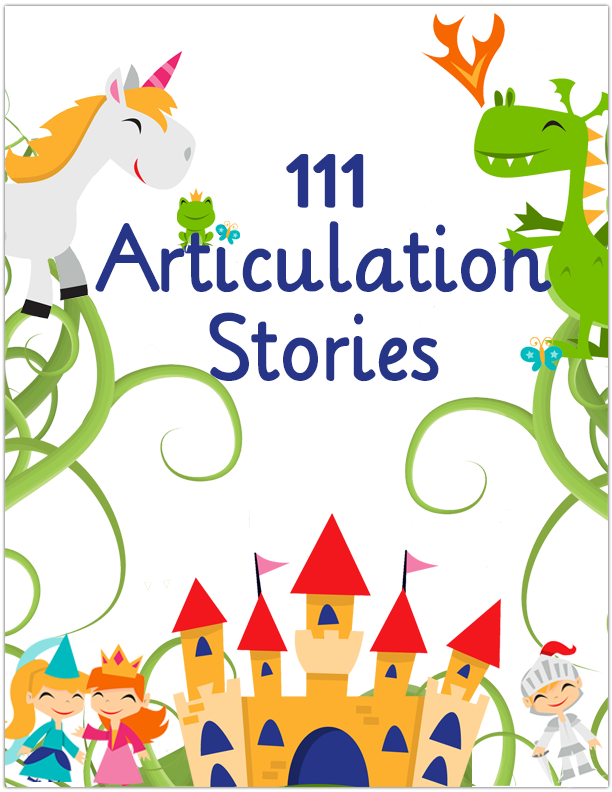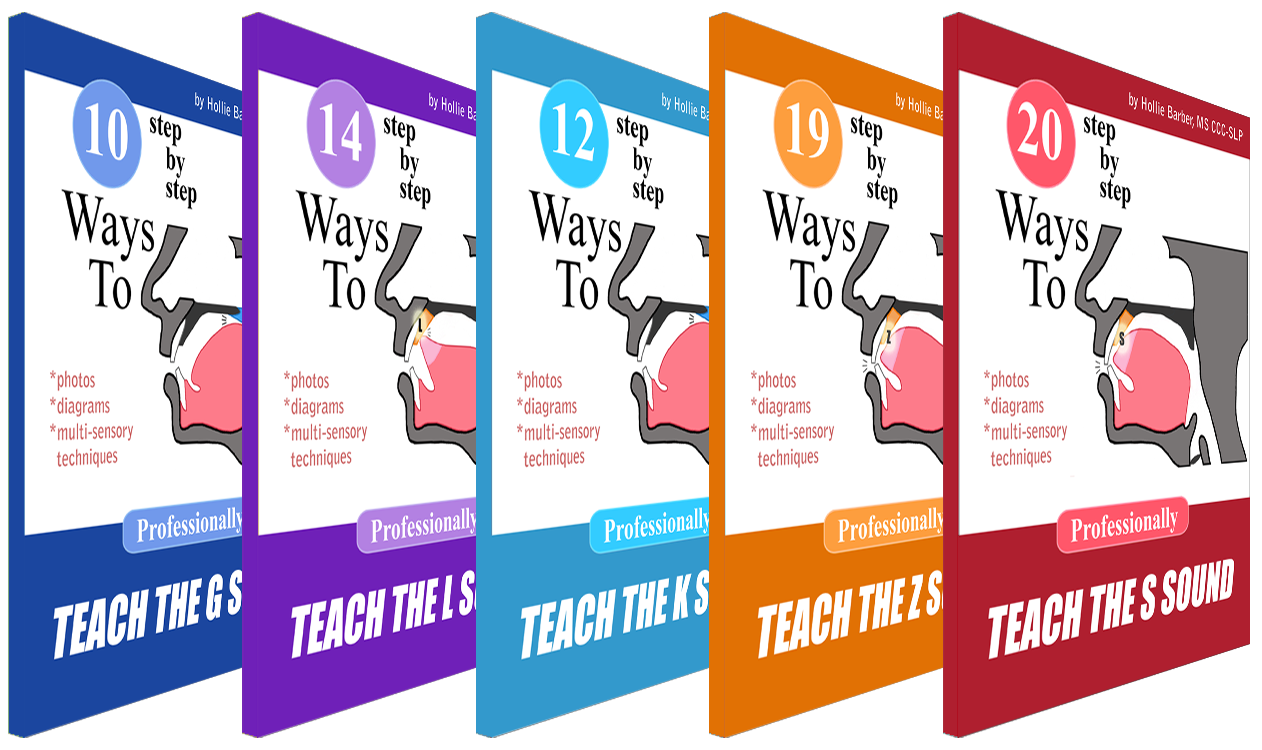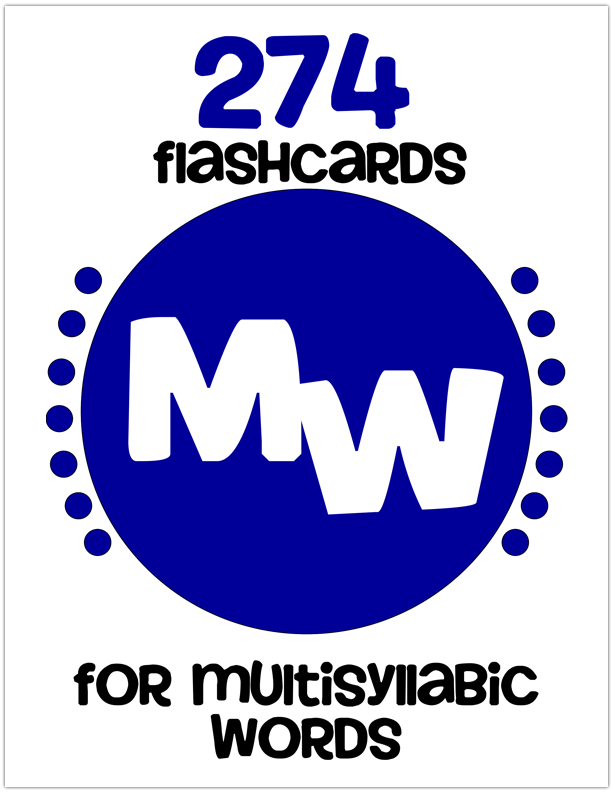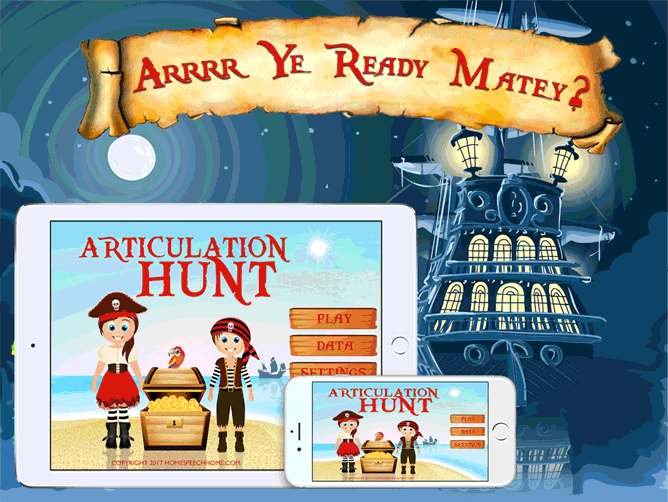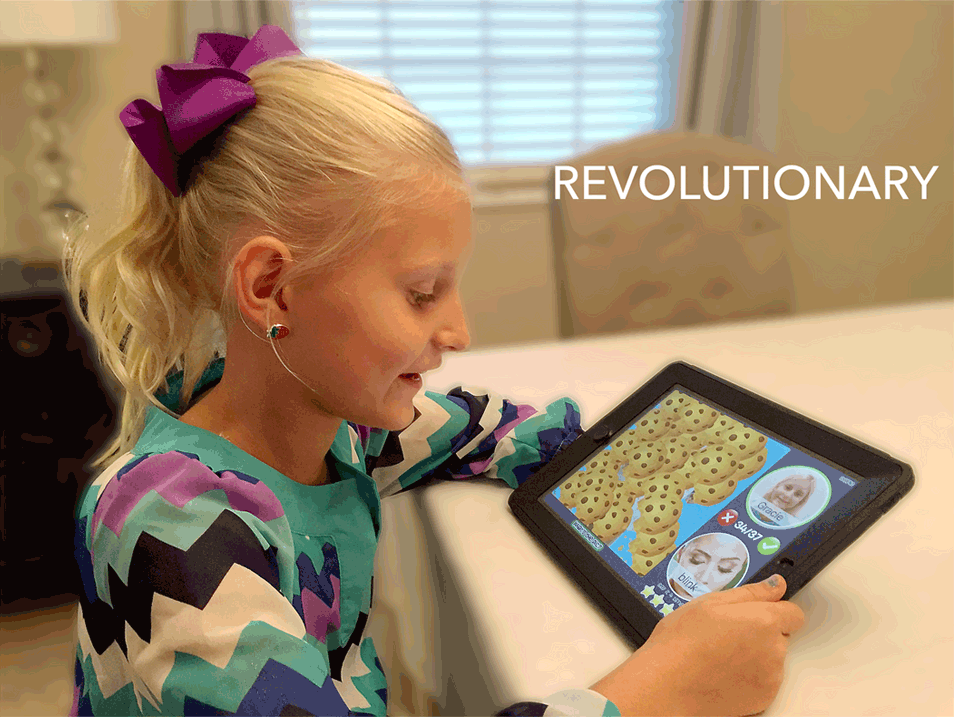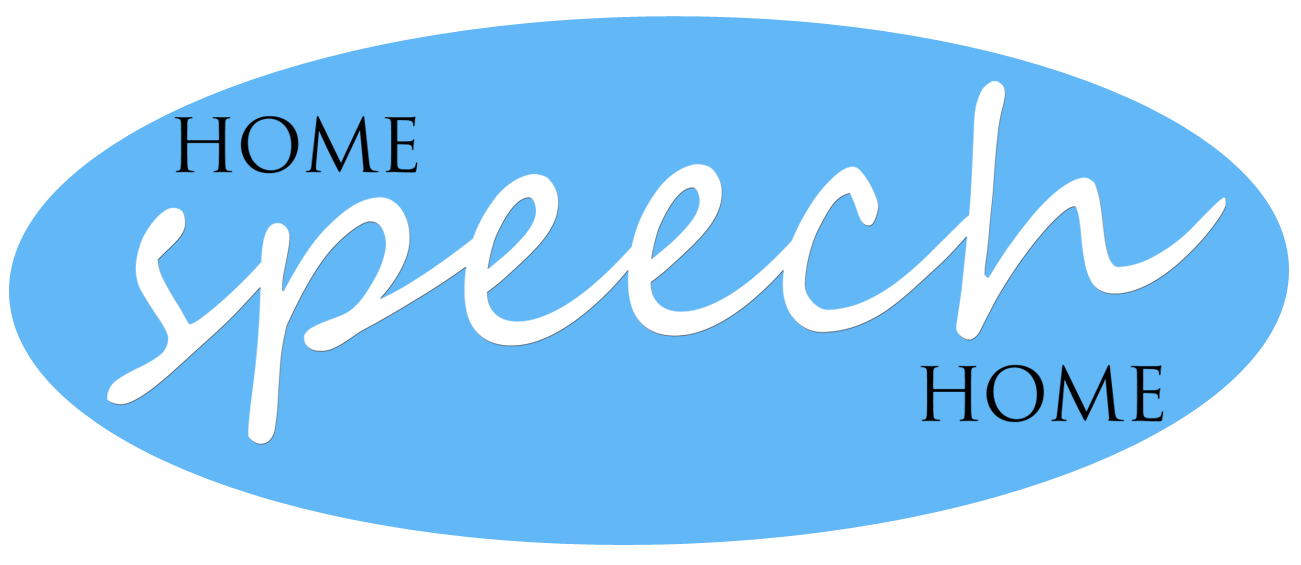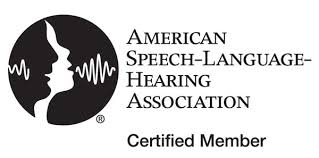Language Development in Children 7-8 Years What You Should Expect
Language development in children 7-8 years: Children at this age typically have gained most of their grammar knowledge and are using it in conversations.
Full and detailed stories are beginning to be the norm and the way that children at this age interact socially. They are much better at following directions and acquisition of phonological awareness skills is complete.
Mastery of basic reading and writing skills should happen by 3rd grade. This way, instead of "learning" to read and write, they will be "reading and writing" to learn.
*NOTE: The ages and their corresponding grades are based upon guidelines followed in the United States.
Explore Our Goal Achieving, Client Centered Products
2nd Grade (7-8 Years)
Expressive Language / What the Child Says
- Uses most parts of speech, grammar is mostly acquired
- Exceptions to grammatical rules are mastered
- Uses and understand passive sentences
- Uses increasingly complex sentences in regular communication
- Asks/answers factual and inferential questions
- Gives directions with 3-4 steps
- Begins to give synonyms and categories in word definitions (7-9 years)
- Production of figurative language begins and increases (7-9 years)
Examples:
"Don't let the cat out of the bag."
It is raining cats and dogs."
"You're pulling my leg."
Receptive Language / What the Child Understands
- Follows 4-step oral directions
- Understands direction words
- Demonstrates understanding of grade level stories by answering questions
- Understands words with multiple meanings
SEE ALSO: The Best Free App for Speech Therapy
Narrative Development
- Complex Episodes / Multiple Episodes
- Narratives have a theme, character, plot, logically sequenced, temporally ordered, initiating even, action, consequences, emotion, and resolution
- Contain at least 5 story grammar elements (example: setting, characters)
Phonological Awareness (5-7 years)
- Rhyming, alliteration, segmentation, blending, and manipulating of words and syllables is complete (see previous age for examples)
- Phonics/sound awareness mastered
Reading
- Uses phonics strategies when reading (sounds,syllables, words, phrases)
- Recognizes more words by sight (200 words)
- Re-reads and self-corrects when necessary
- Uses meaning clues when reading (pictures, headings, titles)
- Locates information to answer questions
- Explains key elements of a story (main idea, characters, plot)
- Identifies and uses spelling patterns in words
- Uses own experience to predict and justify what will happen next
- Reads a story, paraphrases, and retells story sequences
- Reads 80 words per minute (wpm)
Writing
- Writes legibly
- Uses a variety of sentence types in writing essays, poetry, short stories (fiction and non-fiction)
- Uses basic punctuation and capitalization
- Spells frequently used words
- Progress from inventive spelling in independent writing to more accurate spelling
SEE ALSO: The Best Books for Speech Therapy Practice
Social/Play
- Opens and closes conversations appropriately
- Stays on topic, takes turns, and uses eye contact during conversation
- Clarifies and explains words and ideas when conversation breaks down, gives background information or definitions of words
- Uses language to inform, persuade, and entertain
- Ability to take others' perspectives increases which also increases the ability to persuade (7-9 years)
- Uses language to establish and maintain social status (7-9 years)
- Begins to understand jokes and riddles based on sound similarities (7-9 years)
Examples:
"What kind of shows to cows like to watch?"
"Moo-sicals"
Back to top language development in children 7-8 years
Activities and Product Discounts, Oh My!
Sign up for Terrific Therapy Emails
Your information is 100% private & never shared.
Homepage
>
Language Development in Children 7-8 Years
